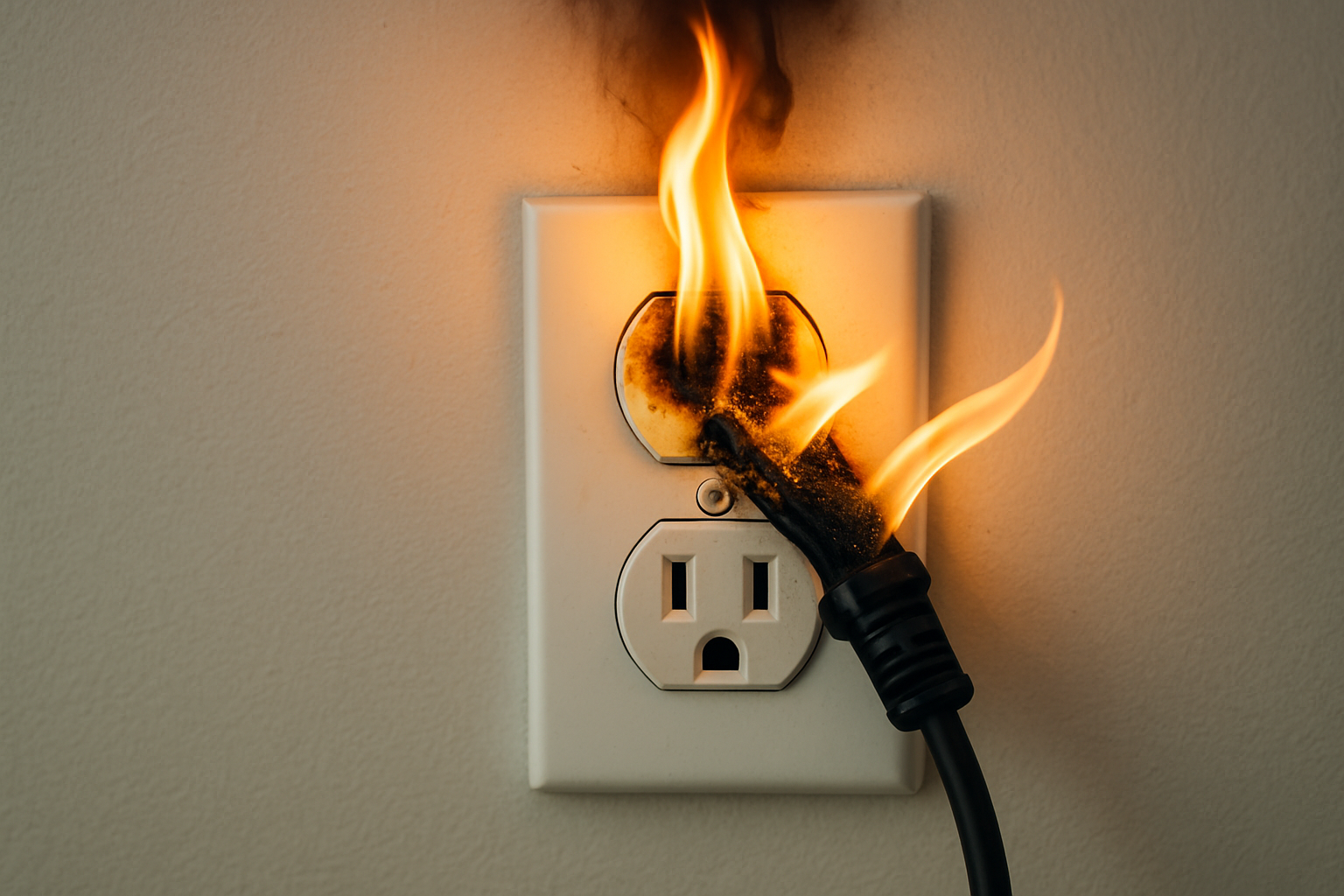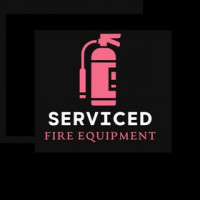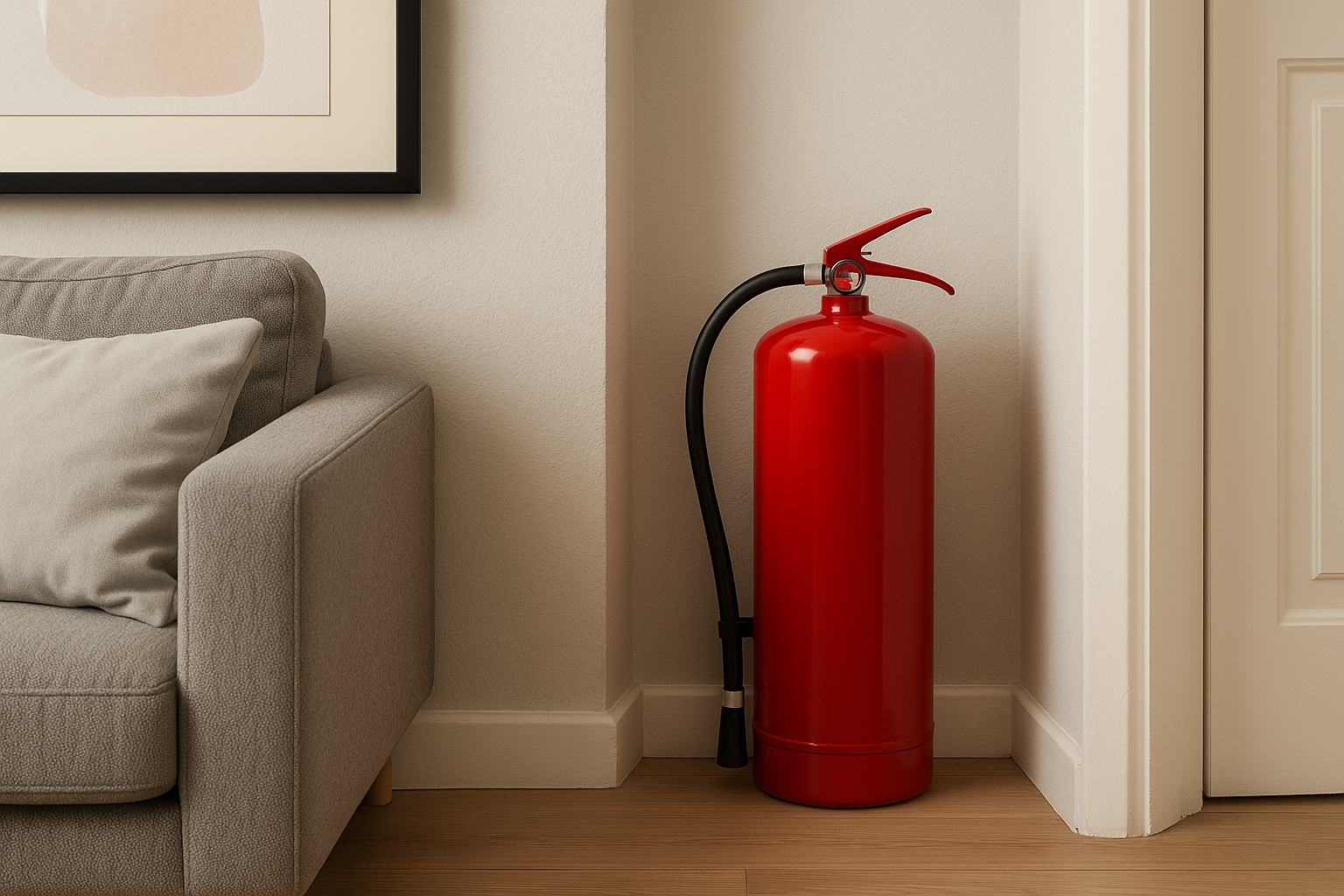Don’t Get Burned: Smart Electrical Safety Tips Every Home Needs

Strong 8k brings an ultra-HD IPTV experience to your living room and your pocket.
Electricity lights up almost every corner and nook in our houses—appliances and lights, heaters and entertainment systems. Convenience comes at a cost, however. The U.S. Fire Administration reports that electrical fires cause more than 6% of all residential fires, and a very large percentage of them can be prevented by being more vigilant in some very simple ways.
Whether you are a homeowner or an aspiring homeowner who wants to enhance home safety awareness, this guide provides essential information about how to avoid electrical fires and save your loved ones. And we shall also cover why fire extinguisher maintenance is essential, how to select a fire protection equipment supplier, and how to pick the right home fire extinguisher that meets your needs.
1. Be Attentive to Warning Signs
Most electrical fires result from neglecting warning signs. Pay attention to:
- Flickering or blinking lights
- Heat on outlets or switches
- Smell of burning near outlets
- Circuit breakers tripping
- Shocks on inserting devices
These are initial warning signs that something is not right. Don't overlook them—get a professional electrician repair the problem before it becomes an enormous risk.
2. Do Not Overload Circuits
Overloading a power strip or electrical outlet with too many devices easily causes overheating and fire. Alternate heavy-wattage devices such as air fryers, microwaves, and heaters. Also:
- Employ surge protectors that contain an inbuilt circuit breaker.
- Never daisy chain more than one power strip.
- Take wattage capacity into account when using extension cords and outlets.
If you are not certain if your home wiring is equal to your energy load, have a fire protection professional or electrician check.
3. Utilize Appliances Intelligently
It is simple to overlook, yet electrical fires often start in the laundry room or kitchen. In order to minimize risk:
- Unplug minor appliances in the kitchen when not using them.
- Never run dryers while away from home.
- Empty dryer lint trap after every use.
- Keep appliances out of reach of water sources.
Also keep appliances in good working condition. Frayed cords or cracked plugs should be replaced at once.
4. Store Cords Safely and Securely
Extension cords and power cords are hidden from view, but they pose a humongous safety hazard when abused. Do these tips:
- Never use cords to move furniture or rugs behind them.
- Steer clear of bending cords into curves or placing them over heavy-traffic zones.
- Fix broken cords at once.
Where possible, have new outlets installed rather than using extension cords heavily. A licensed electrician or fire protection equipment distributor can suggest alternatives that are safe.
5. Install Arc-Fault and Ground-Fault Protection
The center of home safety today is arc-fault circuit interrupters (AFCIs) and ground-fault circuit interrupters (GFCIs).
- AFCIs shut off electricity when they sense hazardous arc faults (which are known to ignite fires).
- GFCIs protect against electrical shock by shutting off power if they sense water, making them perfect for the kitchen, bathroom, and backyard.
You can install them in the circuit breaker panel or on a specific outlet. If your home is an older one, install to have added protection.
6. Schedule Regular Fire Extinguisher Inspections
In the event of an electrical fire, a working fire extinguisher can mean the difference between life and death. Make fire extinguisher maintenance part of your home security routine:
- Check the pressure gauge monthly.
- Check that the safety pin and the seal are intact.
- Check for apparent signs of damage, corrosion, or missing nameplates.
Most homeowners look for "co2 tank refill near me" or use a fire protection equipment supplier to fill or exchange extinguishers. Regardless if you have a CO2, dry chemical, or foam extinguisher, it is essential to have it properly maintained.
7. Select the Most Suitable Fire Extinguisher for Use in the Home
Not all fire extinguishers are created equal. Electric fires require a Class C-rated extinguisher—or better, a multi-class rated A-B-C model.
Here's what to look for when seeking the top home fire extinguisher:
- Multi-class rating (A-B-C): Provides protection against wood, flammable liquids, and electrical fires.
- Easy-to-read gauge: It's pressurized and ready for action.
- Convenient design: Mount in convenient areas such as the kitchen, garage, and bedrooms.
- UL rating: Refers to the quality and performance of operation.
Certain homeowners choose an extinguisher rental program as part of a comprehensive fire protection scheme, particularly in temporary dwellings or leased space.
8. Speak with a Fire Protection Professional
Right equipment is essential, but professional advice can take your home to a higher level of preparedness for fires. As you install alarms, install a sprinkler system, or refill extinguishers, think about engaging the services of an honest fire protection equipment dealer or service fire protection firm.
They can:
- Assess your home's risks concerning fire and electrical safety
- Suggest optimum home fire extinguisher installations
- Ensure that you remain consistent with national safety standards
- Offer yearly fire extinguisher upkeep
Final Words
Electrical fires can be avoided, provided you do something about it. Being vigilant for signs of damage, avoiding dangerous tasks, and having the proper protective gear can protect your home and loved ones.
Don't wait until there's smoke in the air. Take a walk through your home today. Check cords, outlets, and appliances. And then make sure your fire extinguishers are charged, easily accessible, and ready to use.
If you don't know where to start, you can reach out to a local fire safety equipment dealer or research professional extinguisher rental companies. And don't forget to find a reliable "co2 tank refill near me" supplier when your extinguishers need a recharge.
Safety from electrical risk isn't solely about avoiding fire—it's about feeling safe. Take matters into your own hands today, and don't let others burn you in the future.
Note: IndiBlogHub features both user-submitted and editorial content. We do not verify third-party contributions. Read our Disclaimer and Privacy Policyfor details.



